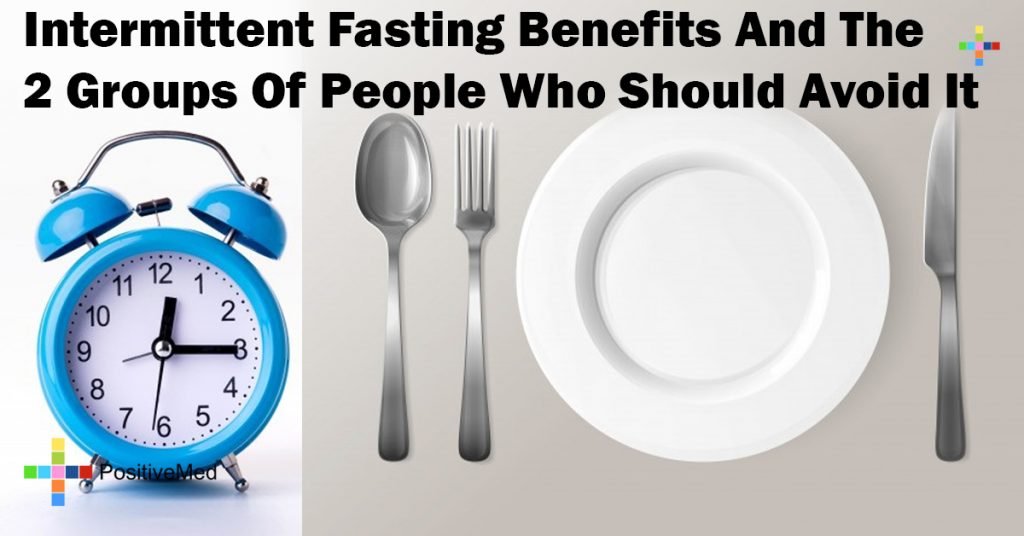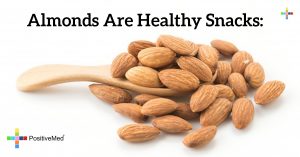
Intermittent Fasting Benefits And The 2 Groups Of People Who Should Avoid It
Intermittent fasting is not a diet, but rather a dieting pattern. It’s making a conscious decision to skip certain meals…. FOR MEN. There are several sources that say that this type of mindful eating is actually harmful to a woman’s physiology.

At the end of the day, the way to stay healthy and lose weight is to:
• Eat more fibrous vegetables and protein to stay and feel fuller
• Curb cravings and binge eating
• Eat the right portions of protein/fat/carbs to keep blood sugar/insulin stable and burn fat
• People who are successful are in calorie deficit without putting the body into starvation mode. Starving yourself will just lead to more problems down the line. While initially successful, it can lead to mental and physiological problems and you will most likely gain all of your weight back and then some when you’re no longer denying yourself enough sustenance to live.
Note: When it comes to food, it’s not quantity… It’s quality.
If you still want to fast and feast, eat your calories during a specific window of the day and then no food during the rest – taking a full 24 hour break from eating, i.e. if you eat from noon until 8 pm you skip breakfast.
By cutting out an entire meal, you’re free to eat more food during other meals and still have a caloric deficit.
When you eat a meal, the body spends hours processing that food and burning what it can from what it can absorb. The body will use whatever is readily available, typically what it has just consumed (especially carbs and sugar as the body prefers to burn sugar before any other source). When you’re fasting, the body doesn’t have a recently consumed meal to use as energy, so it’ll be more likely to pull energy from the fat stored in the body rather than glucose in the bloodstream or glycogen in the muscles or liver.
Fasting can increase the secretion of growth hormone, help control the ghrelin and leptin levels to keep one satisfied, offset cortisol production, and facilitate a healthier environment for testosterone production. Periods of fasting will also greatly increase the body’s sensitivity to insulin.
Researchers at the University of Utah discovered that people who fasted one day per month were up to 40% less likely to suffer from clogged arteries. In a survey-based study including over 500 people, some of which used caffeine and alcohol and smoked regularly, had hower rates of heart disease if they regularly fasted. Even when adjusted for age, weight, diabetes, high blood pressure, and cholesterol – the difference between those who fast and those who do not remains.

Is there only one set way in which to use intermittent fasting?
No, of course not. For example, here are two simplistic ways to get yourself started.
• Longer “IF” 1-2x a week:
Take a longer fasting period of up to 24 hours and repeat it once or twice a week. Remember – 24 hours isn’t skipping a whole day, it’s merely stopping eating at 6pm on a Tuesday and following it up with a meal at 6pm on Wednesday.
• Shorter “Daily” IF:
This one is done more than a couple times a week, with a condensed eating window and involves less fasting than the one above. This means eating all of ones calories within a 6-8 hour window. This one can be done daily.
You need to be consistent & exhibit self-control:
Consistency is the key to any long-term success. You can’t do this for a couple days, switch to a different diet for a week, then go back to fasting. The people who have the most success with this type of mindful eating adopt it long-term, not as something to drop weight fast. The more consistent you are (not the initial duration but the days,weeks, months that come after), the more benefits you will reap. As time goes on, the body will have time to adjust and maximize fat burning during the fasting state.
Should you fast?:
Fasting for weight loss works, but a lot of other approaches do, as well. There’s no “one” magical solution to being healthy or for weight loss. Some research suggests that a very low carb diet yields the exact same benefits of fasting without requiring one to stop eating. If you find yourself overeating after a fast or if you get shaky or light-headed while fasting (signs of hypoglycemia, or low blood sugar), fasting isn’t a good approach for you. Know your body and plan accordingly.





